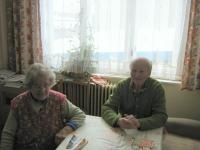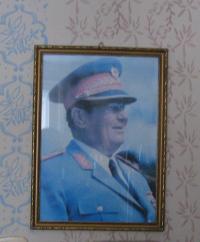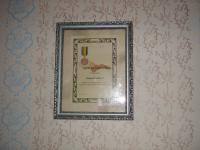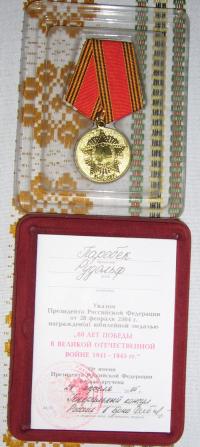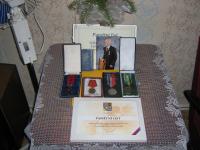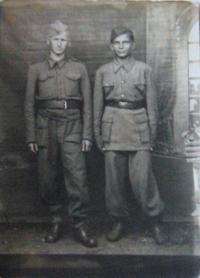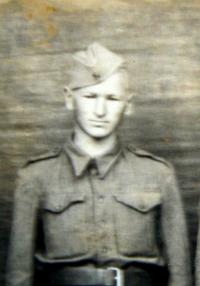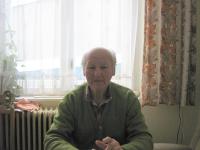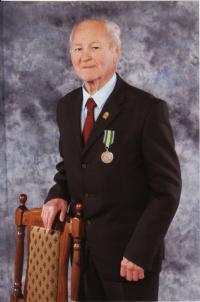A Partisan of the 12th Assault Division in Yugoslavia

Download image
Rudolf Parobek was born in 1926 in the small town of Jakšić which is located in Požega-Slavonia County in present-day Croatia. At the time this region belonged to the Kingdom of Serbs, Croats and Slovenes where his Czech grandparents moved with the promise of freely available land and other kinds of economic relief. During the Second World War, the inhabitants of the region were persecuted by the Ustashi and the Germans. His brother Adolf was arrested and tortured. That is why Rudolf Parobek decided to join the Partisans. He became a soldier of the 12th Assault Division of the National Liberation Army of Yugoslavia, as did many other Czechs. He went through heavy fighting and was seriously wounded. He was demobilized in February 1946 after he had been released from the hospital. In December of the same year he and his sister left for the native land of their ancestors for good. In the present, he lives with his wife in Náměšť na Hané.
